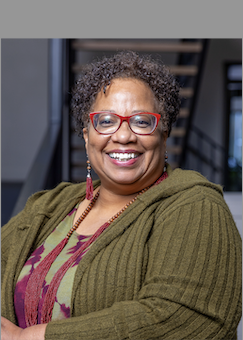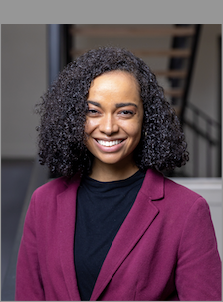The Equity Center has worked with Public Housing Association of Residents (PHAR) in order to establish R3 Residents for Respectful Research (formerly CRRB - Community Research Review Board).
This board operates as a community-led companion to UVA’s Institutional Review Board (IRB), forming a mutually beneficial partnership where community participation prevents research projects from exploiting low-wealth residents and ensures that the research conducted is beneficial to the community.
Additionally, R3 strives to make research knowledge accessible to the public through the adaptation of educational materials designed for researchers.
Read more on PHAR's website
Research Summary
A Qualitative Evaluation of the Creation and Implementation of PHAR’s CRRB
What are the lessons learned from the development of the Charlottesville Public Housing Authority of Resident’s (PHAR) Community Research Review Board (now called Residents for Respectful Research)?
Research Summary
Informatics-enabled citizen science to advance health equity
The COVID-19 pandemic has once again highlighted the ubiquity and persistence of health inequities along with our inability to respond to them in a timely and effective manner. There is an opportunity to address the limitations of our current approaches through new models of…


